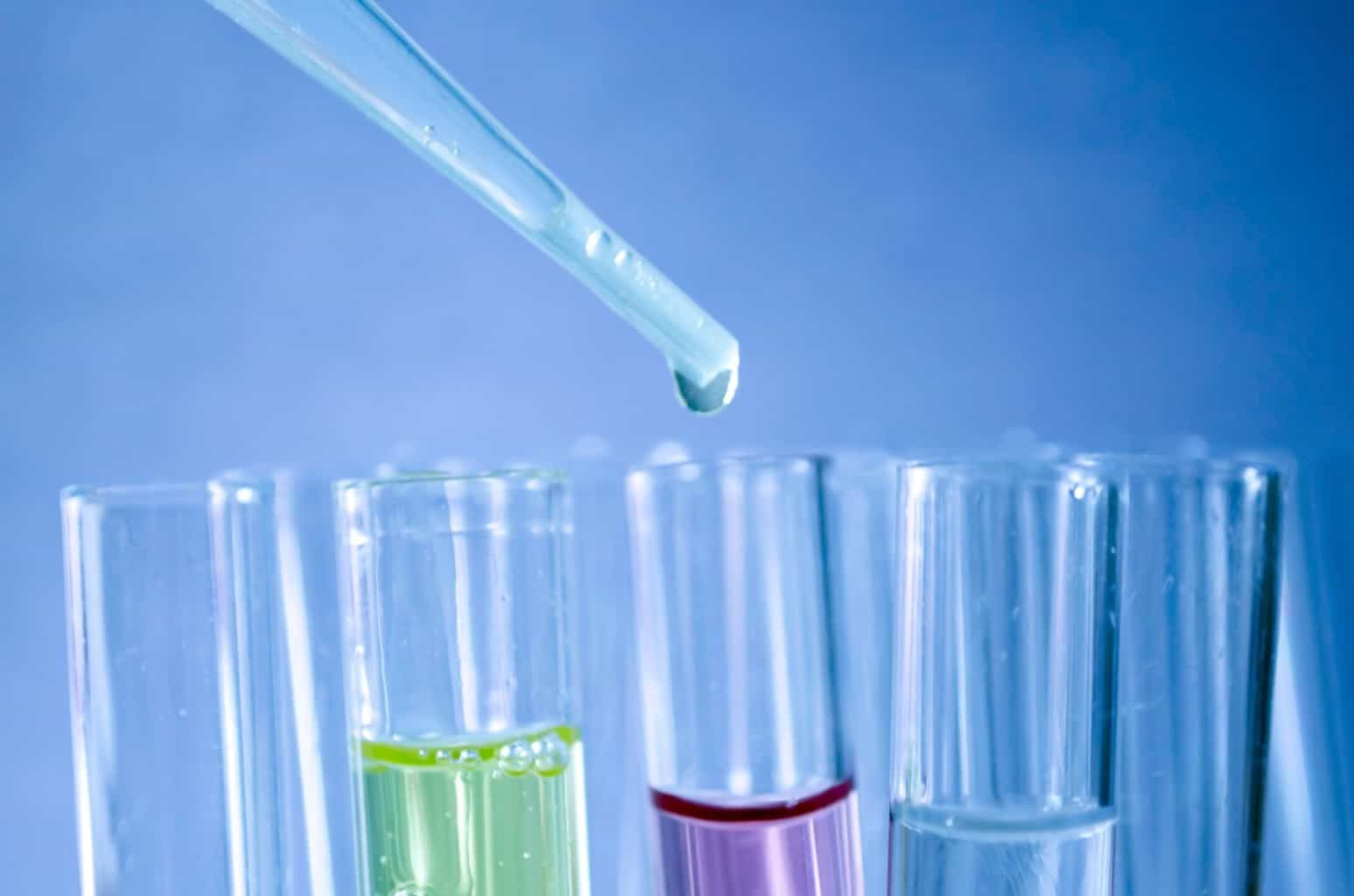Great news indeed that good old dexamethasone has proved so effective in reducing deaths in seriously ill Covid-19 patients. The drug was almost dismissed as a candidate for the Recovery trail since it proved relatively ineffective in treating SARS and MERS but it seems to effectively manage the ”cytokine storm” associated with Covid-19 severe respiratory syndrome. We await the peer-reviewed paper but the numbers need to treat to save one life is 8 for ventilated patients and 25 for patients on oxygen. Where this is indeed an effective intervention, prevention should remain our focus and in the absence of a vaccine we only have; handwashing, social distancing and testing.
My views on the importance of widespread testing have changed over the last three months. In April I was strangely annoyed when a postal worker told me he and his friend went for “key-worker” Covid-19 tests “just for a laugh” and wasn’t surprised when his result, e-mailed at 4.00 a.m. the next morning, was negative. He didn’t have symptoms, was not in contact with anyone who had and had not been travelling abroad, so why, I thought, was he wasting valuable resources.
Matt Ridley writing in the Spectator identifies wide-scale testing as the thing that differentiates those countries with low Covid-19 deaths from those with high Covid-19 deaths. Testing also seems to explain regional differences in deaths within countries as happened in Holland. Ridley goes on to say that a failure in the UK to ramp up testing in Mid-march, and to only test those with those already in hospital with symptoms, is Government’s “biggest mistake, not its failure to lock down the economy sooner”.
When that mistake was appreciated there was a scramble to ramp up the number of tests. Success was identified as the number of tests offered with little focus on the quality of tests and test results. Yet it is the latter that will impact most on controlling the virus as we step out of lockdown.
Testing does not cure Covid-19 or stop the infection so why does wide-spread testing for the virus from as early as possible make such an apparent difference to the final number of deaths? The simple answer is it provides the intelligence necessary to seek out and control the virus. This is test, track and trace.
A test to confirm if someone is infected with SARS-CoV-2 uses Real-Time (RT) Polymerase Chain Reaction (PCR) an enzyme to multiply the small amount of RNA from the SARS Cov2 viruses. The amount obtained from a swab, even one taken by a trained healthcare professional, is minute and the RT PCR cycle might need to be run 20-30 times to get enough to register a positive. The window in which a positive is registered from the day of infection is a relatively small number of days. A True-Positive result is where the test is positive and the patient has the infection or a True-Negative is where the patient does not have the disease and the test is negative. The test must be “specific” for SARS Cov2 virus as it may pick up other coronaviruses that have similar RNA and give a False-Positive result – the patient has a positive result but does not have the infection. More worrying is a False-Negative result where the test result is negative but the patient has the infection. Testing an individual too early or too late in the infection may not harvest any virus yet they are present, or the skills of those performing the test may not be sufficient to collect proper swab samples. According to an editorial in the Spectator, of 2.7 million tests done across the UK 8% were considered void because they were incorrectly performed. It is suggested that 33% of people given the “all clear” may have had the infection.
So, there is an important role for serological (antibody) tests. Human immune systems, when exposed to a virus, produces a very specific immune response; designer antibodies. Identifying these antibodies allows individuals to be designated as “immune” and therefore at less risk of contracting (or by default spreading) the virus. This might be very important but as yet it is unknown what the clinical implications of being “immune” are. Little information exists on the level of immunity to the virus on reinfection or how long such immunity might last. Two tests being used across the UK including here in N. Ireland, the Roche test and the Abbott test, are specific for a viral core protein. Ideally antibodies for “Spike” proteins on the outside of the virus – the proteins that “key” into cell receptors allowing the virus to infect – would be a better assurance of “neutralising” immunity. As yet we don’t have this.
We need to strategically apply both types of tests with three main aims: (1) suppressing the resurgence of local outbreaks; (2) identifying those who have developed some form of immunity; and (3) gaining intelligence on the evolution of the epidemic, including when “herd immunity” has been reached. There are suggestions that herd immunity might be much lower than the conventional 60% which, if true, would be great news indeed.
I was wrong about my postal friends. They were right to have the tests done but a better understanding of what “positive” and “negative” means and a ramping up of quality in testing procedures, and of tests themselves, will allow the intelligence necessary to give us protection until the arrival of a safe and effective vaccine. It would be best not to have to depend on dexamethasone.
Photo by PublicDomainPictures is licensed under CC BY-NC-SA
I am a pharmacist in Belfast.
Discover more from Slugger O'Toole
Subscribe to get the latest posts to your email.
